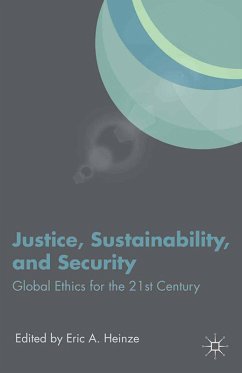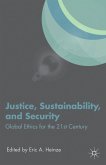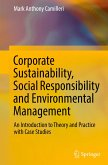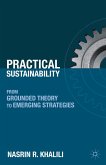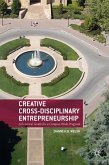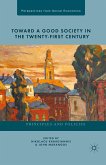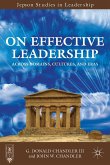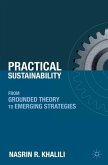"Eric Heinze has gathered together an excellent set of essays in this volume. He and his contributors are to be congratulated for seeking to bridge the theory/practice gap especially in the realm of ethics. The three concepts of justice, sustainability and security speak directly to the core concerns of the global community. By placing these themes at the heart of this volume, it provides insights into international affairs as a domain of inquiry and a set of political practices. I highly recommend Justice, Sustainability, and Security to those teaching and researching in philosophy and politics. More importantly, I strongly recommend this book to activists, policy makers, and global citizens who want to do the right thing in a world which makes it difficult to do so." - Anthony F Lang, Jr., Director,
Centre for Global Constitutionalism, University of St. Andrews, UK
"We live in a globalized world that challenges us morally. The deep integration of finance, climate, information and security raise questions about rights and responsibilities as well as justice and fairness. How do we think about ethics for a connected world? This book gives the best examples of how 'global ethics' are affecting the theory and practice of international relations in the first decades of the 21st century. Scholars and students of world politics should read it to understand why norms and standards are changing, and how it is that global ethical concern is shaping the choices and expectations of powerful actors around the world." - Joel H. Rosenthal, President, Carnegie Council for Ethics in International Affairs, USA
Centre for Global Constitutionalism, University of St. Andrews, UK
"We live in a globalized world that challenges us morally. The deep integration of finance, climate, information and security raise questions about rights and responsibilities as well as justice and fairness. How do we think about ethics for a connected world? This book gives the best examples of how 'global ethics' are affecting the theory and practice of international relations in the first decades of the 21st century. Scholars and students of world politics should read it to understand why norms and standards are changing, and how it is that global ethical concern is shaping the choices and expectations of powerful actors around the world." - Joel H. Rosenthal, President, Carnegie Council for Ethics in International Affairs, USA

